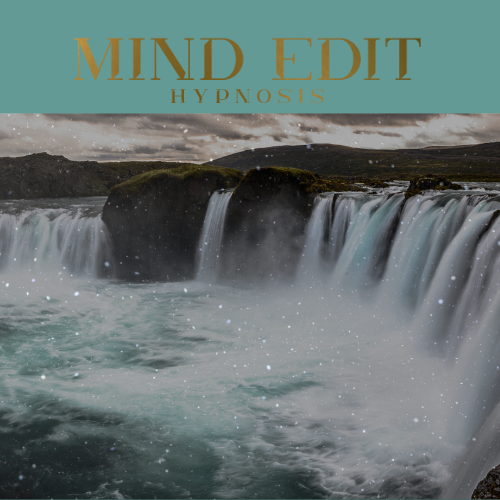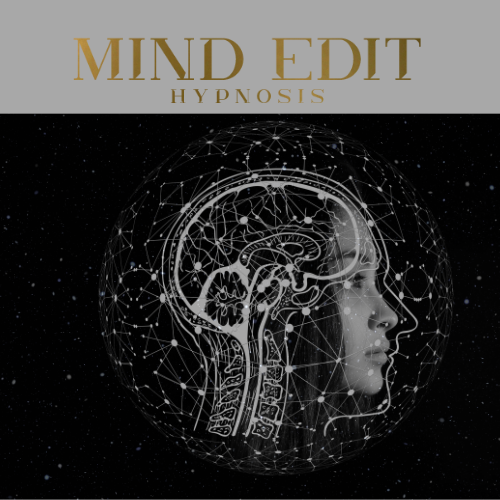
Hey Friend!
I talk a lot with clients and friends about busyness and burnout, because they tend to go hand in hand. And, I’ve found that because, culturally, we tend to judge a person’s success and value based on what they “do,” it goes without saying that we overbook and overexert ourselves in a mad rush to constantly try to measure up, to be good enough, and to be worthy.
Best-selling author of Do Less, Kate Northrup, writes, “It’s recently come to my attention that I have a habit of, or perhaps even an addiction to, proving my worth through constant activity…
How many meaningful conversations in the car with my husband have I not had because I was checking my email for the twentieth time that day?…
How many breaths have become shallow from being caught in the spin of constant activity?…
How many precious moments of stillness have I missed because I feared what might come up during the pause?”
Northrup offers the following list as signs you might be addicted to busyness:
– As much as you crave white space on your calendar it also gives you anxiety.
– You notice yourself checking your phone obsessively throughout the day, particularly when you are tired, overwhelmed, or anxious.
– More than once, a close friend or family member has said something about your compulsion to engage with your phone or computer and how it affects your relationship.
– When someone suggests that you relax and do nothing, you say to yourself or out loud, “What the heck does that even mean? What do people do when they do nothing?”
– When you do find yourself doing nothing, you feel guilty that you aren’t being productive.
– You mentally tally the number of productive hours you’ve had at the end of the day and judge how you feel about yourself by how full your day was.
– You find yourself “complaining” about how busy you are while simultaneously feeling proud of having so much on your plate that you can barely breathe.
– You say that you’re too busy to meditate, move your body, nap, hang out with your girlfriends, make love, prepare healthy food for yourself, or go on dates (with yourself, your spouse, or new people).
In our busyness, we’ve subconsciously created behavior patterns and habits that make our busyness feel “normal,” while making downtime and rest feel uncomfortable and unfamiliar–hence, we resist it. Only by creating new habits and behavior patterns can we break free from the pull and overwhelm of busyness.
5 New Habits/Practices to Help You Slow Down, Use Your Time Effectively and Feel More in Control of Your Day
1. Schedule at least one engaging and fun activity that you can do every single day. Put it on your To Do list and treat it as a priority. This way, attending to your needs and desires, no matter how small, becomes part of your daily routine. Also, this communicates to your subconscious that your needs/wants/desires matter. To help with this, take this affirmation through your daily hypnosis practice: I make space for what matters most.
2. Don’t over-commitment to social engagements. Time with friends and family is important, but when you spread yourself too thin, these engagements begin to feel taxing and draining. Learning to say no, without guilt or shame, will help to create healthy boundaries for restoration and downtime, keeping your social events about connection rather than obligation and/or resentment. To help with this, take this affirmation through your daily hypnosis practice: I am at my best when I am rested and recharged. It is safe for me to take a break.
3. Create more space in your day by learning to work more efficiently. Perhaps, you can batch calls and meetings so that you’re not switching gears all day long or you can make tasks easier to complete by getting a handle on your perfectionism. Brené Brown recently posted this quote, “Perfectionism, the 20-ton shield we lug around hoping it protects us from experiencing judgement, shame and blame, when all it really does is keep us from being seen, and it’s heavy AF.” It’s important that we know our limits and allow ourselves to complete and let go. To help with this, take this affirmation through your daily hypnosis practice: Being is just as valuable as doing. Downtime is valuable time.
4. Wake up naturally on your own, without an alarm, as often as possible. To help with this, take this affirmation through your daily hypnosis practice: My creativity is fueled by rest.
5. Start or end the day with a 10 minute hypnosis recording:
Along with helping to reprogram your subconscious mind, this practice will also help manage stress and deepen your breathing. It’s important to our health (mind, body and soul) to quiet our mind. A hypnosis practice will keep you grounded, relaxed and motivated. Consider this hypno-affirmation for your practice: Doing less allows me to have more of what matters in my life.
I hope you find the time to practice doing less of what overwhelms you and more of what brings you joy, presence, connection and peace. Remember, working with the subconscious will help you stay aligned with what really matters to you in your life–helping you stay more aware of patterns that deplete your energy.
Change takes time, but showing up as your most aligned and rejuvenated self deserves a spot on your calendar!
Happy editing,
Robin




